iPads are useless and redundant — fight me
It’s 10 o’clock; do you know where your iPad is? Oh, that’s right! Collecting dust in your closet

Sign up to receive The Snapshot, a free special dispatch from Laptop Mag, in your inbox.
You are now subscribed
Your newsletter sign-up was successful
Okay, I know the iPad squad is ready to come for my neck with their pitchforks, but hear me out — my “slate hate” is justified. By the way, it's not just iPads I have smoke for; all tablets are under fire in this piece.
First and foremost, if you’re a digital artist, graphic designer, or a parent to an unruly kid who can only be pacified with a rectangular slab of tech, you’re free to pass go and collect $200. Artistry and taming wild children are perfectly good reasons to purchase a tablet. All other tablet owners, particularly those who already own a laptop and a smartphone, please step inside my office; I’d like a word with you.
You’re not in trouble, but I have one simple question: Why the f*** do you have a tablet?
If your tablet isn’t collecting dust in a dark, dingy closet somewhere, I’m sure many of you will retort with some variation of “It’s lightweight and convenient” or “I use it for media consumption!” Others may say, “I use it to read!” or “It’s the best travel companion.”
I’ll address why these do not hold water later, but the subset of tablet owners I really want to rip into first are the “mY tAbLet iS a LaPtoP rePlacEmenT” folks. Without further ado, let the slate hate begin!
A tablet with a detachable keyboard? Why didn't you just get a laptop?
“WTF is the point of a tablet?” I asked during one of our morning Laptop Mag meetings. The question incited a contentious debate. After all, one of my co-workers has the 2020 iPad Air, which he pairs with the Apple Magic Keyboard, so he understandably felt somewhat slighted. Another one of my colleagues said, “Hey! My mates have tablets; they love them and use them regularly!”
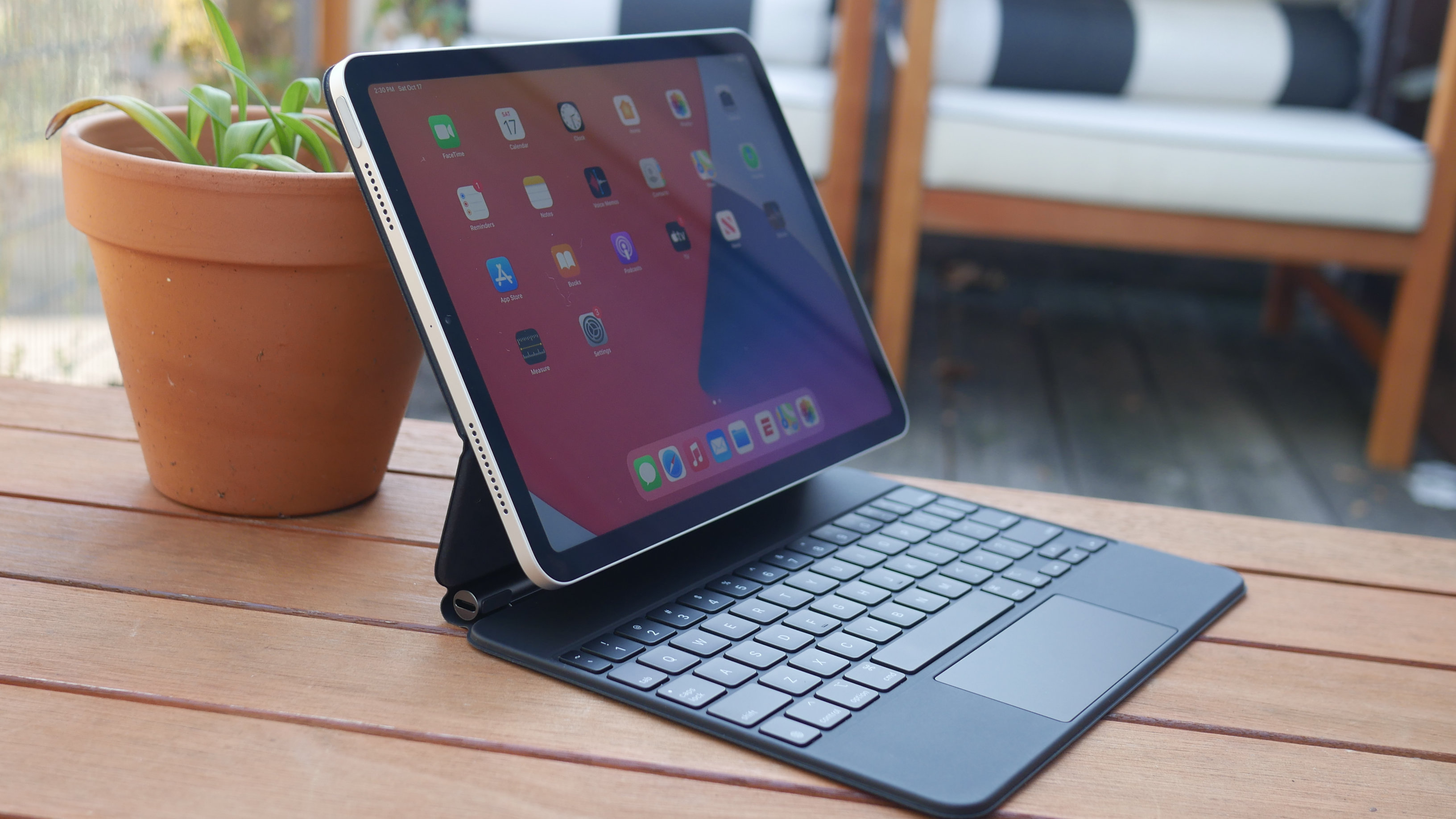
“Do their iPads come paired with a keyboard of some sort?” I asked with a slight tone of derision. “Er, yeah,” they replied. “Well, why not just get a laptop if you’re going to turn your tablet into one?” I asked with genuine curiosity. Seriously, inquiring minds want to know. Why turn up your nose at getting a laptop — only to purchase detached keyboards and other peripherals to transform your tablet into the clamshell form factor you supposedly didn’t want in the first place? What sense does that make?
Sign up to receive The Snapshot, a free special dispatch from Laptop Mag, in your inbox.
Even from a financial standpoint, opting for a tablet over a laptop isn't beneficial, particularly for Apple users seeking a “laptop replacement.”
For example, let’s take a look at the M2 iPad Pro: Apple’s premium tablet offering often touted as a viable laptop replacement among slate enthusiasts. The 12.9-inch variant with 256GB of storage costs $1,200. Throw in the Magic Keyboard and that increases the price to a whopping $1,550. Whew!
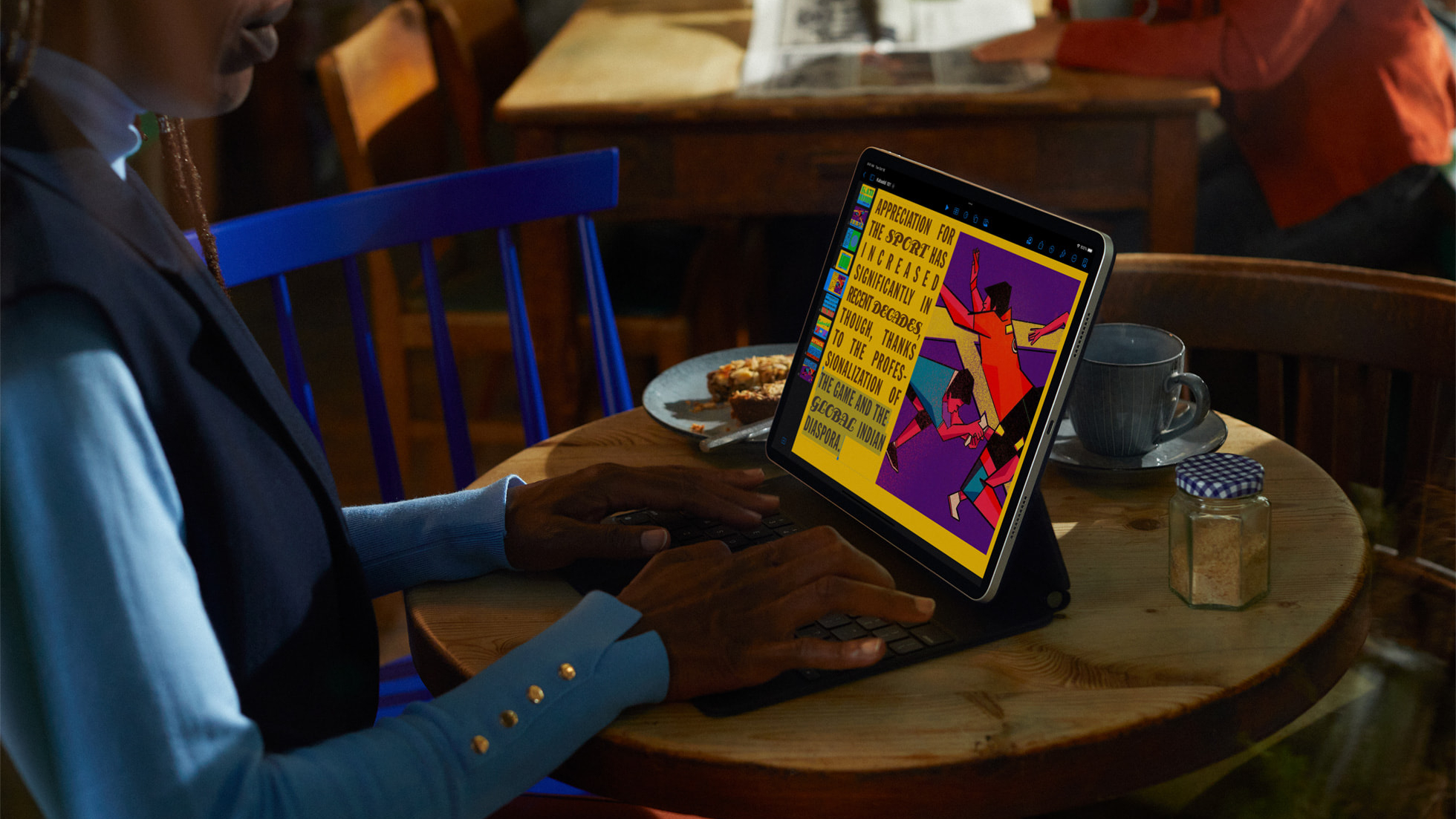
Its laptop counterpart with similar specs — the M2 MacBook Air with 256GB of storage — only costs $1,200. Now why on earth would one opt for the iPad Pro over a MacBook when you’re paying $350 more for a glorified mobile OS (ahem, iPadOS) that isn’t as robust as macOS? Even if you get the M1 iPad Air (the 256GB configuration) with the Magic Keyboard, you’d still be paying $1,050, which is only $150 less than the M2 MacBook Air. I don’t get it!
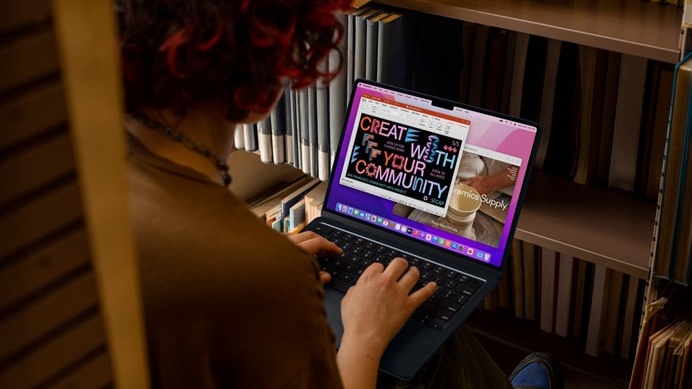
Among those who say, “Well, I’m not seeking a cheaper laptop alternative per se; I just want something featherweight and compact,” please follow me to the next section. I’ve got some choice words for you, too.
Tablets aren’t always lighter than laptops
Let me take out my scale for this section — we’re going to need it.
First of all, the Magic Keyboard for the 12.9-inch iPad Pro is heavier than one might expect. Place it on a digital scale and the screen will say the following: 1.6 pounds.
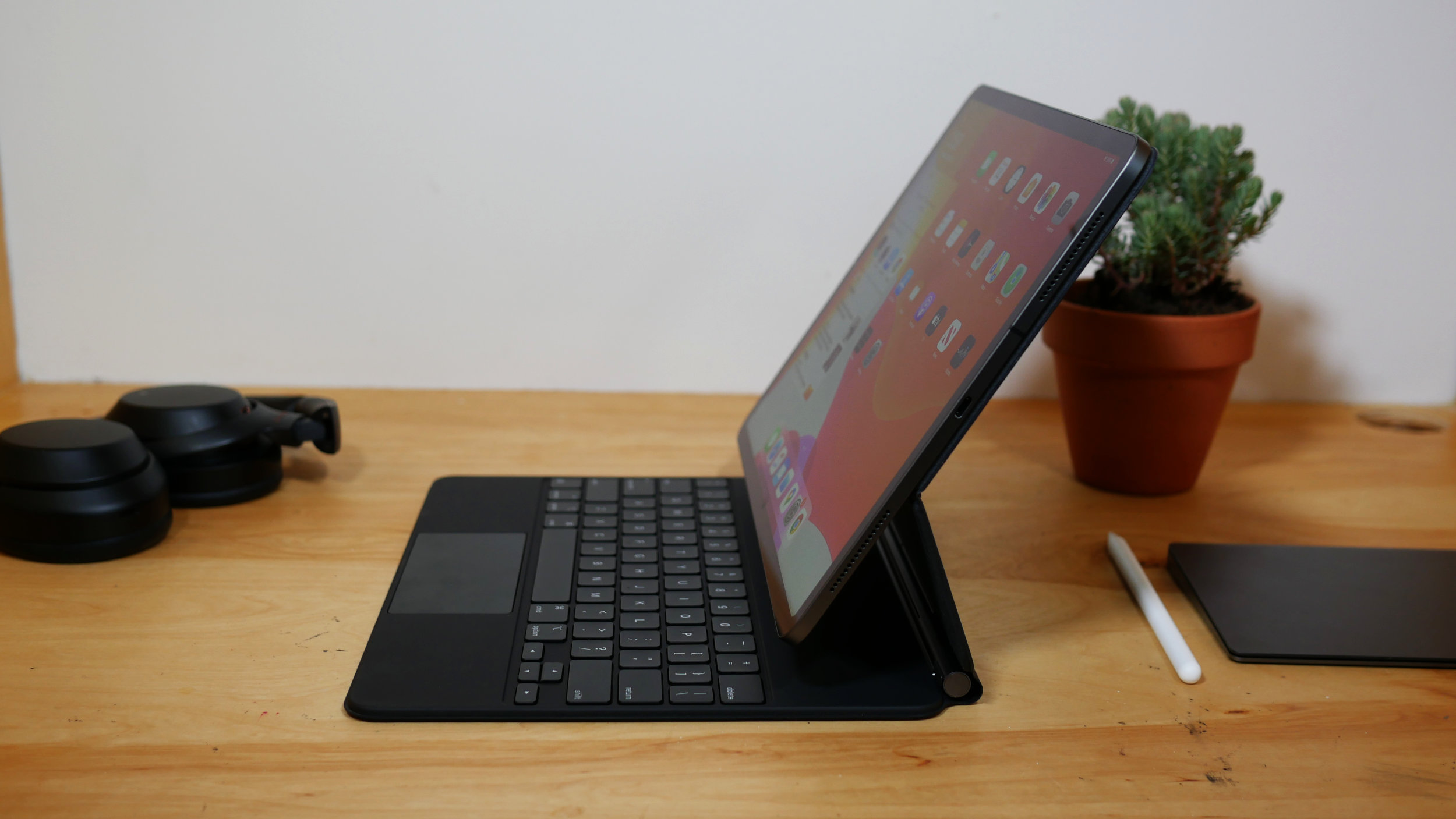
Now, let’s weigh the 12.9-inch M2 iPad Pro. No, our scale is not broken, and yes, you’re seeing correctly. The tablet weighs 1.5 pounds, making the Magic Keyboard slightly heavier than the iPad Pro itself.
The Magic Keyboard is heavier than the iPad Pro by design. Placing a top-heavy device on a lightweight keyboard stand would be a terrible idea — the iPad Pro would simply tip over. As such, the Magic Keyboard must act like an anchor, offering decent weight distribution to the bottom half to hinder the tablet from, well, capsizing (I’m sticking with the theme of using nautical terms here).
In total, a 12.5-inch iPad Pro paired with a Magic Keyboard weighs about 3.1 pounds. Conversely, the M2 MacBook Air only weighs 2.7 pounds. As such, is it really true that the iPad Pro is a better travel companion than a MacBook because of how “lightweight” it is?
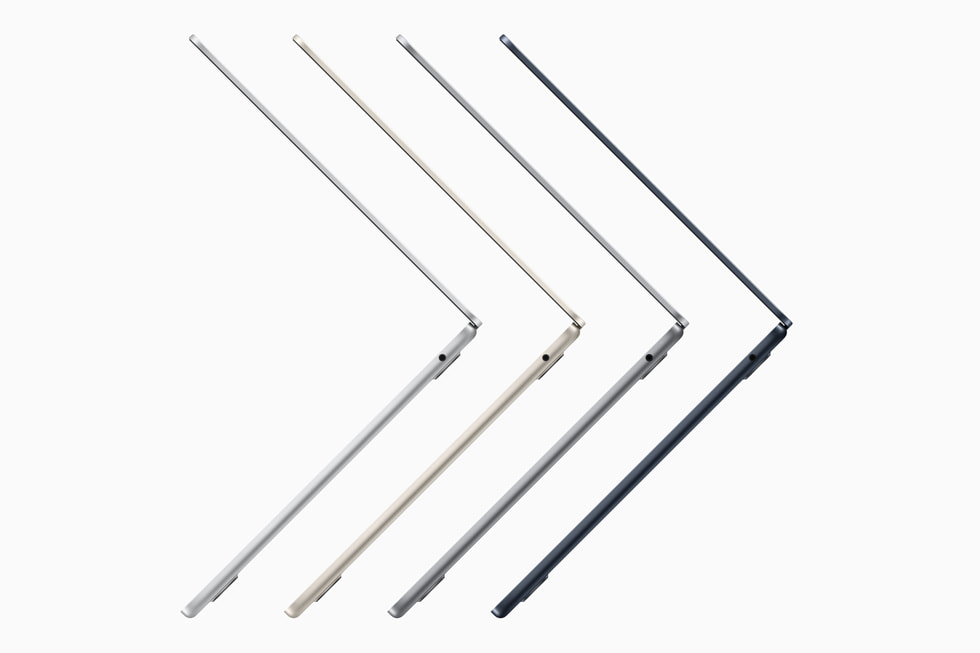
I know some of you may be saying, “Well, I don’t use the Magic Keyboard with my iPad, so joke’s on you!” Well, I’m not the one typing on a gnarly on-screen keyboard, dear reader, so is the joke really on me?
Even if you don’t own an iPad Pro, nor an Apple-branded tablet, my statement still holds water. It’s not 2010 anymore (when laptops ranged between four and seven pounds). Today, there are plenty of lightweight, ultraportable laptops that make excellent travel companions. They may not be lighter than a tablet, but they can certainly come close. The current-gen Lenovo ThinkPad X1 Carbon, for example, is only 2.5 pounds and has a thickness of only 0.6 inches. On top of that, it has a battery life of 15 hours and 39 minutes. Boo-yah!
Shooting down the ‘bigger screen’ argument
Tony Polanco, a computing writer at our sister site Tom’s Guide, also didn’t take kindly to my slate hate when I asked him about his tablet and why he has one. “I use it to watch stuff while I’m eating at the dinner table,” he said defensively.
“Why not just use your laptop or phone?” I asked. Again, I was genuinely curious.
“The keyboard from the laptop gets in the way and the phone screen is too small,” he responded. After some stubborn resistance and careful consideration, Polanco is right. Although an encumbering keyboard isn’t irksome to me — and the near 7-inch display on my phone is more than adequate for my media consumption needs — these minor inconveniences are obviously vexing enough to incite consumers like Polanco to dispel those hindrances by purchasing a tablet.
Although Polanco had me in the first half, it dawned on me that the bigger screen argument is no longer a viable excuse when you have 2-in-1 laptops on the market (the Lenovo Yoga 9i Gen 7 is a fan favorite). If you’re turned off by your keyboard jutting out on the dinner table while you’re eating, swap your laptop for a convertible that can fold into a tablet. Problem solved!
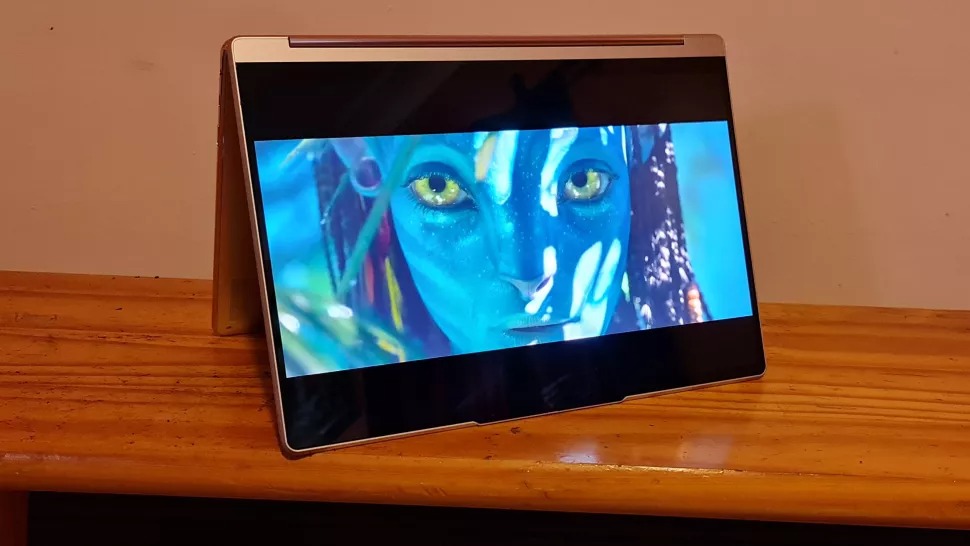
You get a bigger screen, the keyboard is out of the way, and you don’t need to waste your hard-earned money on a silly little tablet. Plus, you’re killing two birds with one stone. Win, win!
Stop using the iPad to read — get a Kindle or something
Chuck Nice, the host of National Geographic’s Brain Games: On the Road and Neil deGrasse Tyson’s StarTalk podcast, spoke to Laptop Mag about his tech devices and he has one major gripe with his iPad — it sucks as an e-reader.
“[One] thing [Apple] needs to do is improve the screen. With these other e-readers, you can [reduce blue light] so that it’s much easier on the eyes,” Nice said. The game show host also complained about his iPad’s bright backlight. “Let me see the words! You don’t have a bright backlight on a page or magazine, do you?” he asked rhetorically.
To be fair, iPadOS does have a setting that lets users adjust the display to a warmer hue, making it easier on the eyes. It’s called Night Shift. You can access it via Settings > Display & Brightness > Night Shift.
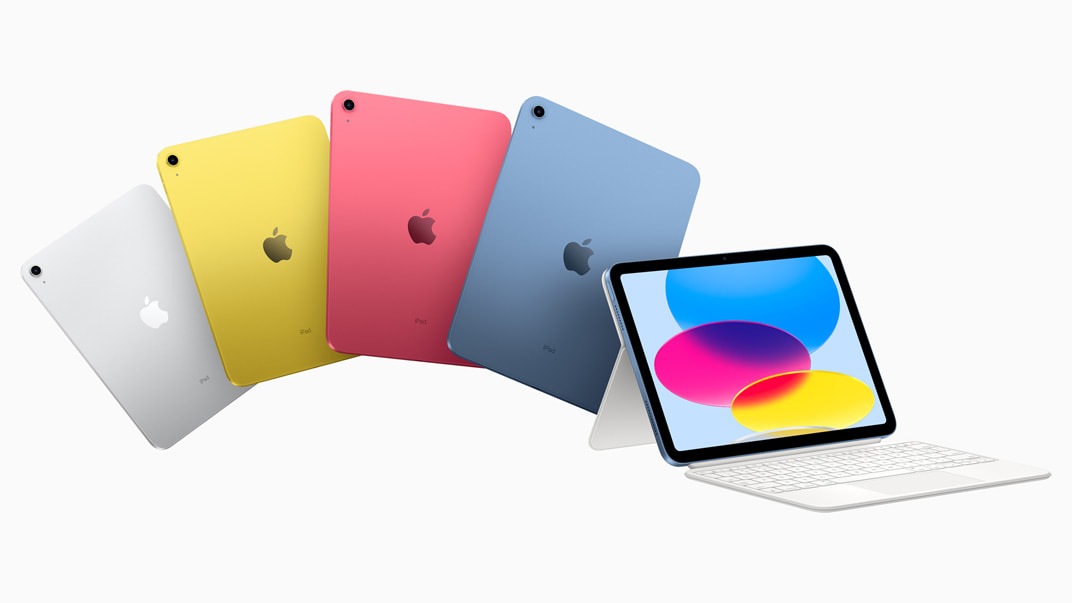
But here’s the thing that Nice is forgetting — the iPad isn’t designed to be an e-reader! As such, yes, it will have a slew of frustrating non-reader friendly features, including the fact that it's not the lightest for a one-handed grip and the annoying glare on the iPad screen while you’re sitting near a bright window. No, Apple doesn’t care to adjust these so-called “flaws” because reading isn’t the iPad’s main use case.
Conversely, the Amazon Kindle doesn’t have these hurdles because it’s specifically designed to satisfy and appease avid readers. The moral of the story? Get an Amazon Kindle instead!
OK, but your phone and laptop can do the same thing
If your laptop could break out into song and dance in front of your tablet, it’d be singing, “Anything you can do I can do better! I can do anything better than you!” You want to stream Netflix, HBO Max, and consume other media content? A laptop or phone can do that. “But Kim,” you may be thinking, “I want to bring something lightweight to bed, allowing me to catch up on all my favorite shows before dozing off.”
Use your smartphone; it’s far less fatiguing than holding a tablet in your hand. It’s also less painful if it falls on your face while watching a show on your back (trust me, I know). If you're a stickler for larger screen sizes while streaming your favorite binge-worthy content, your laptop will work just fine.
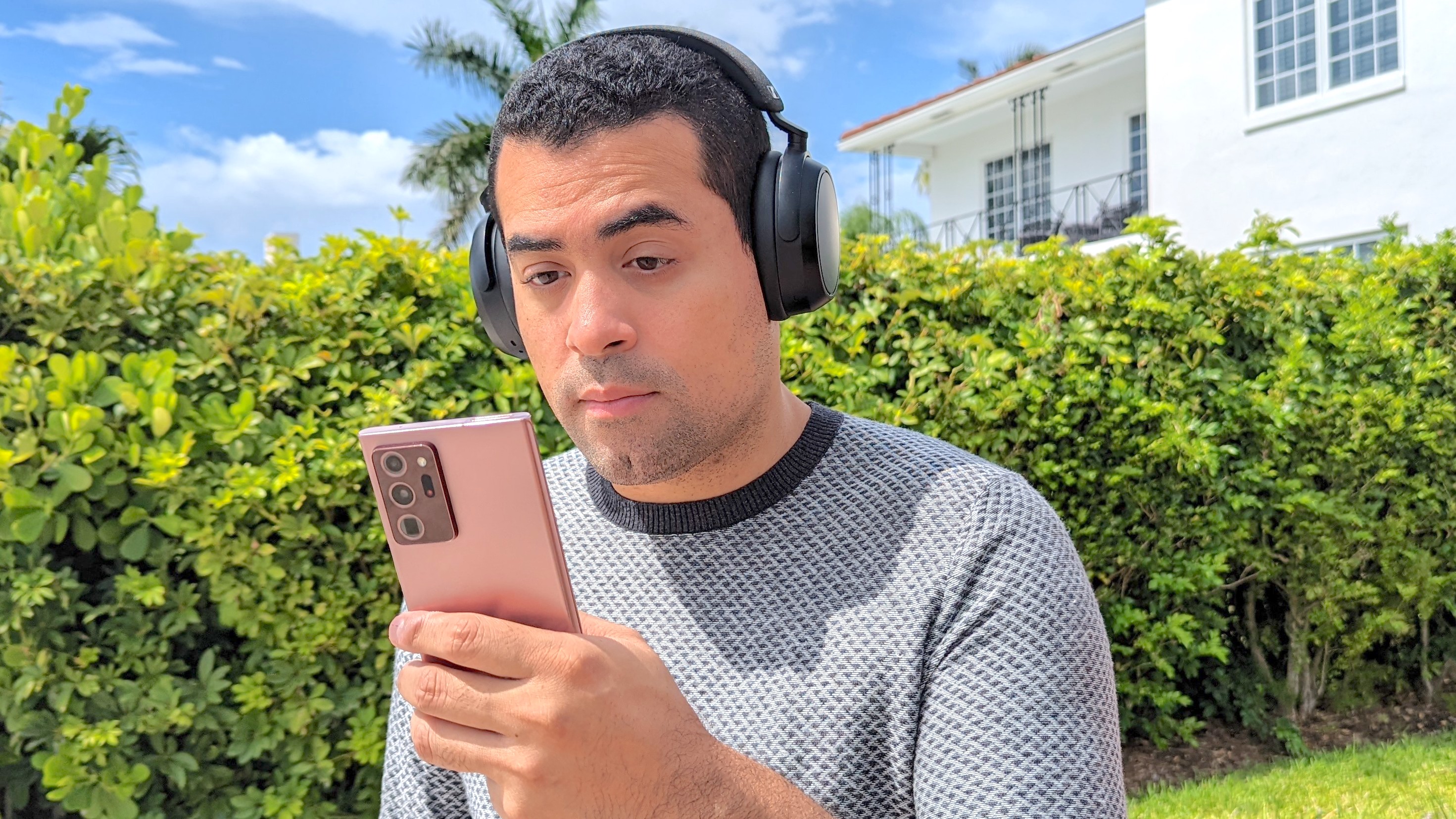
Most tablets can manage school work, web browsing, videoconferencing, emailing and other lightweight workflows without issues, but why purchase another device to do something that your laptop can already do?
I’m not the only one who isn’t gung-ho about tablets. Although there was plenty of hubbub surrounding the new Samsung Galaxy Tab S8, the Google Pixel Tablet announcement, and Apple’s slew of new 2022 iPads, according to Canalys, the tablet market experienced a whopping 11% drop in shipments year-over-year in Q2 of 2022. See? Most consumers aren’t buying into the whole "tablets are useful" agenda either.
Bottom line
I know, I know. I sound like the annoying parent who says, “We don’t need to buy McDonald’s; we already have food at home!” But for the most part, tablets truly are redundant and superfluous devices.
As mentioned at the outset, if you’re a digital artist and graphic designer, tablet away! Not even convertible laptops are ideal for sketching, drawing, and designing, considering how unwieldy they can be while folded in “tablet mode.” Whether you have the Samsung Galaxy Tab S8 Ultra paired with the S Pen, or the iPad Pro accompanied with the Apple Pencil, you should be in good hands.
I’ll also let you slide if you simply want a second screen in addition to your main display — another great reason to snag a tablet. Or maybe you have a wild child and you don’t want to deal with a restless kid during an eight-hour road trip. Trust me; I get it! Tablets deliver enough of a satisfactory mobile gaming experience to keep the little ones entertained.
Other than the aforementioned niche use cases, WTF is the point of a tablet?
Kimberly Gedeon, holding a Master's degree in International Journalism, launched her career as a journalist for MadameNoire's business beat in 2013. She loved translating stuffy stories about the economy, personal finance and investing into digestible, easy-to-understand, entertaining stories for young women of color. During her time on the business beat, she discovered her passion for tech as she dove into articles about tech entrepreneurship, the Consumer Electronics Show (CES) and the latest tablets. After eight years of freelancing, dabbling in a myriad of beats, she's finally found a home at Laptop Mag that accepts her as the crypto-addicted, virtual reality-loving, investing-focused, tech-fascinated nerd she is. Woot!

